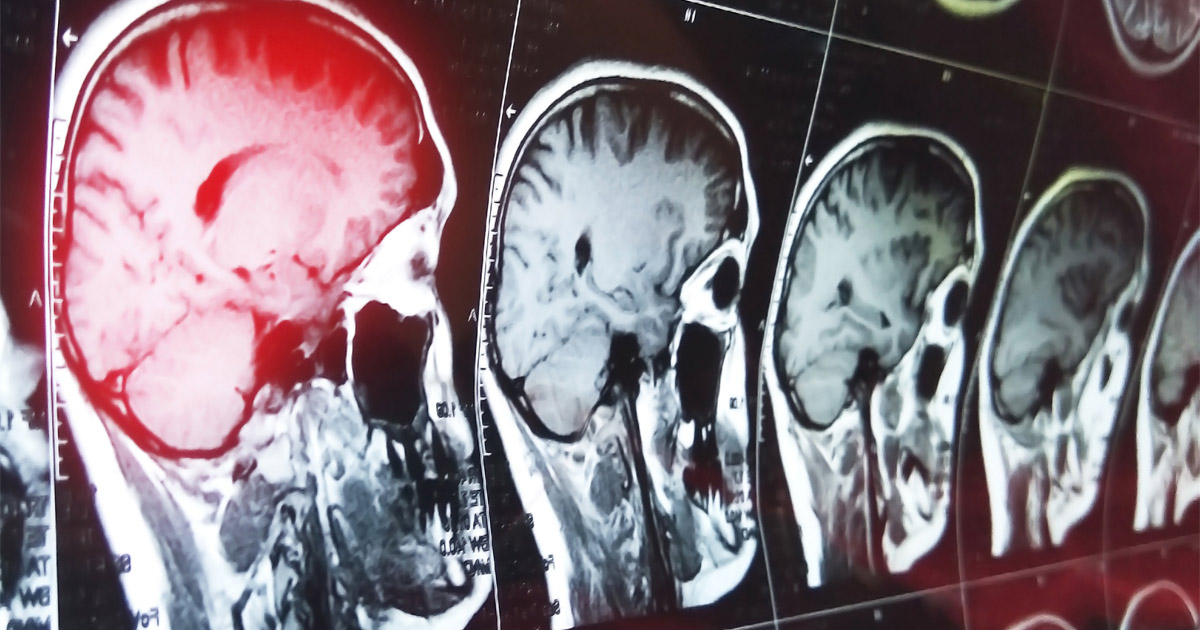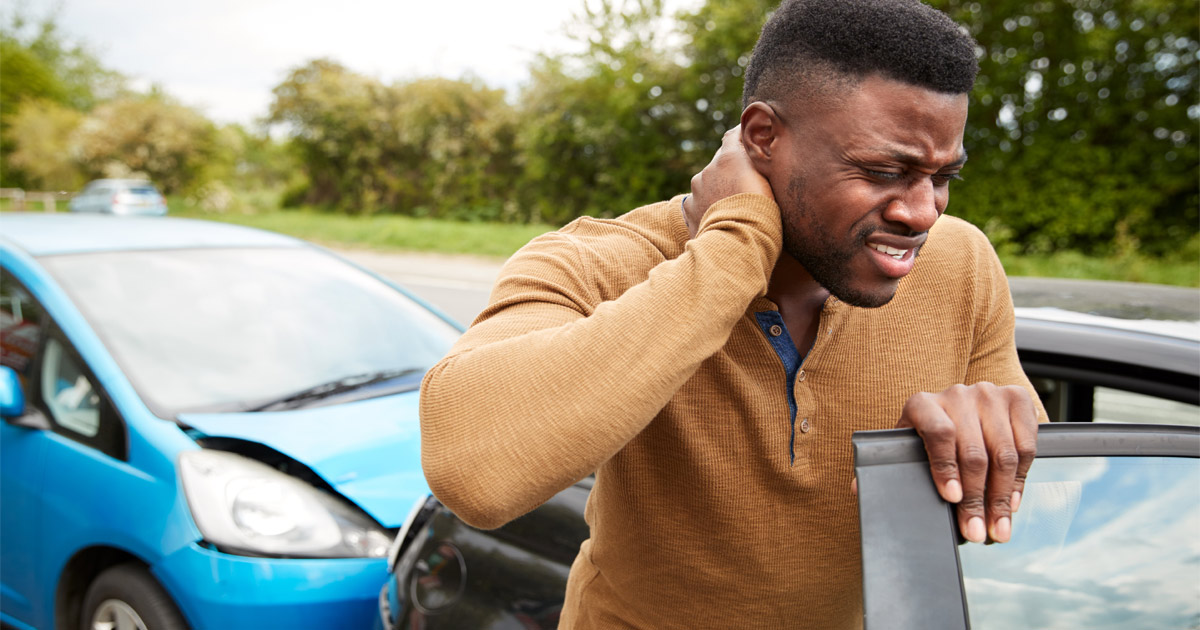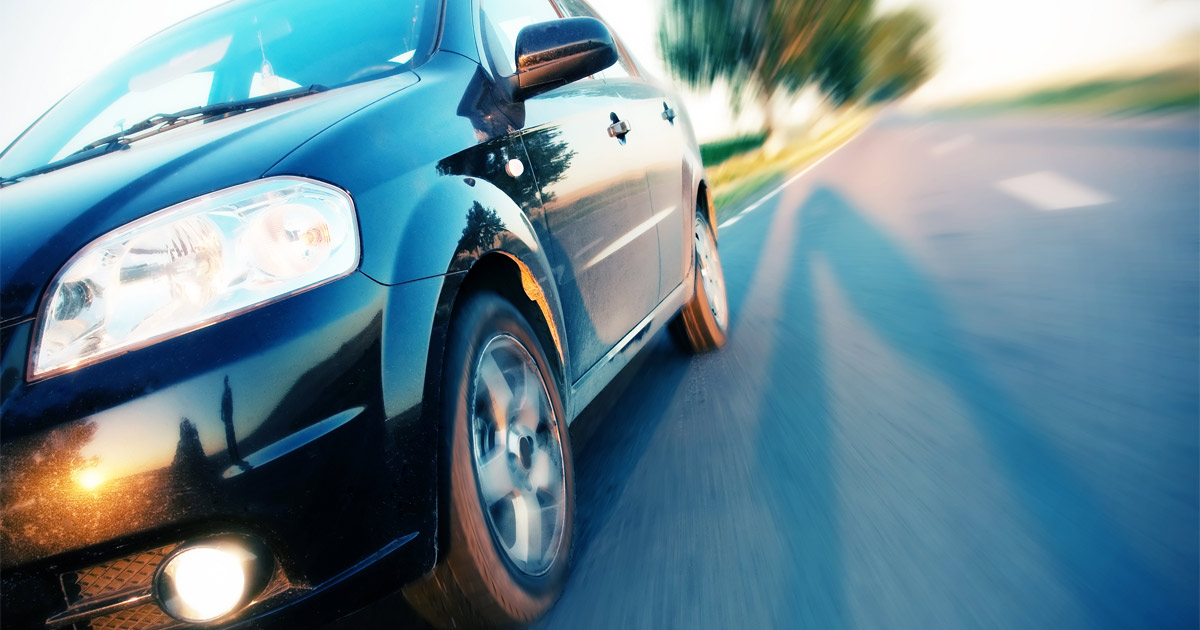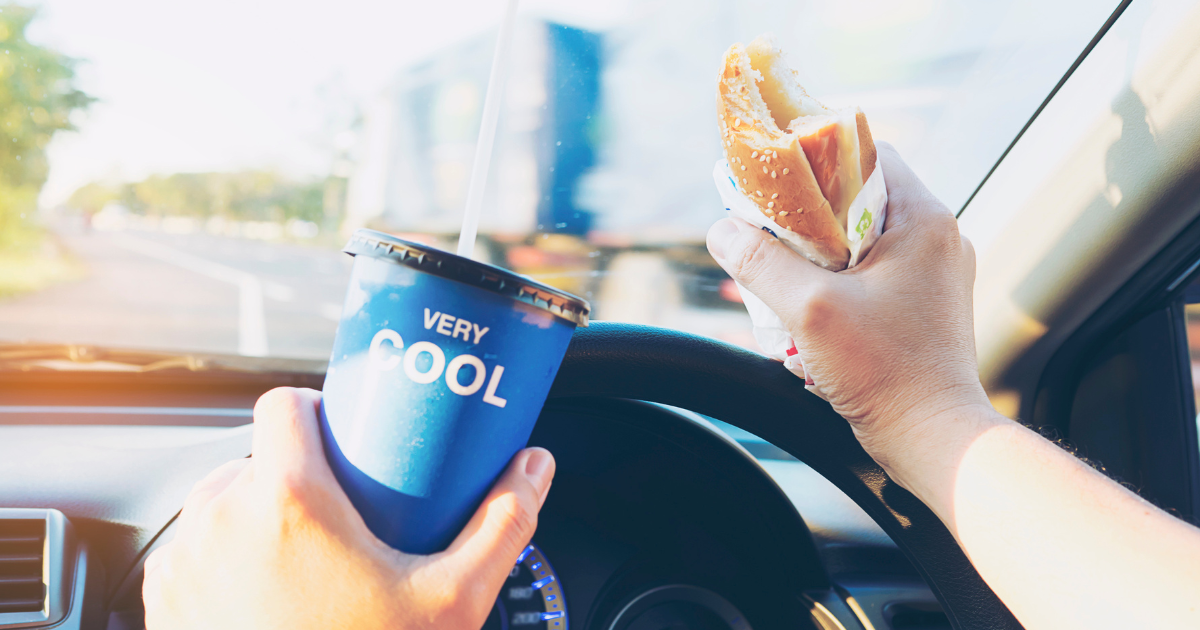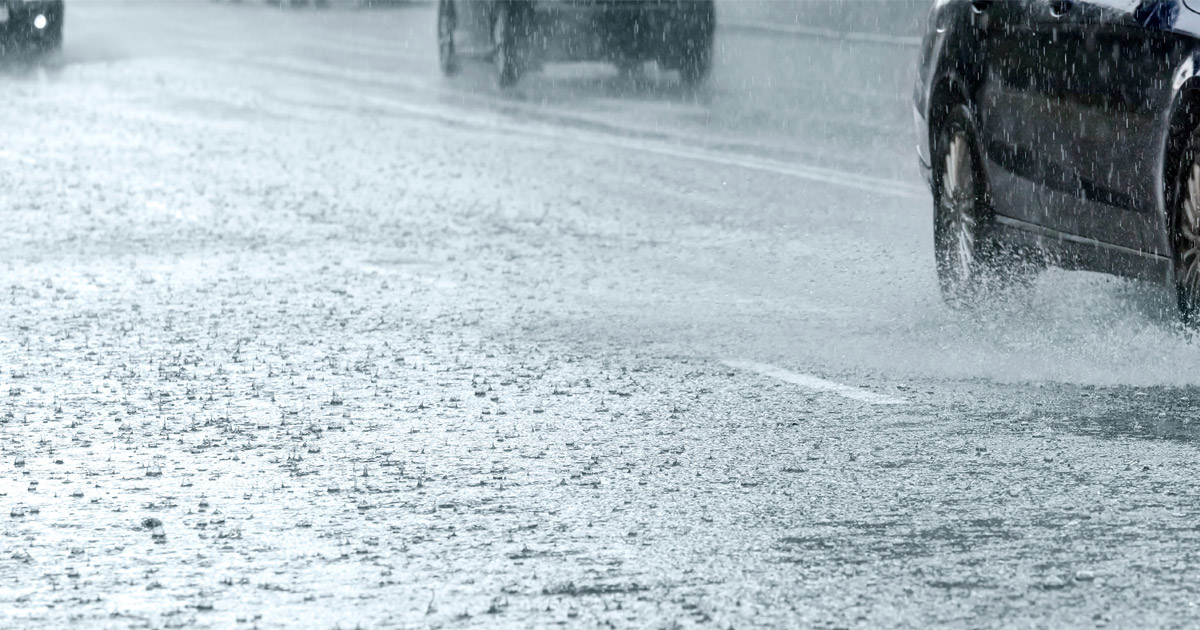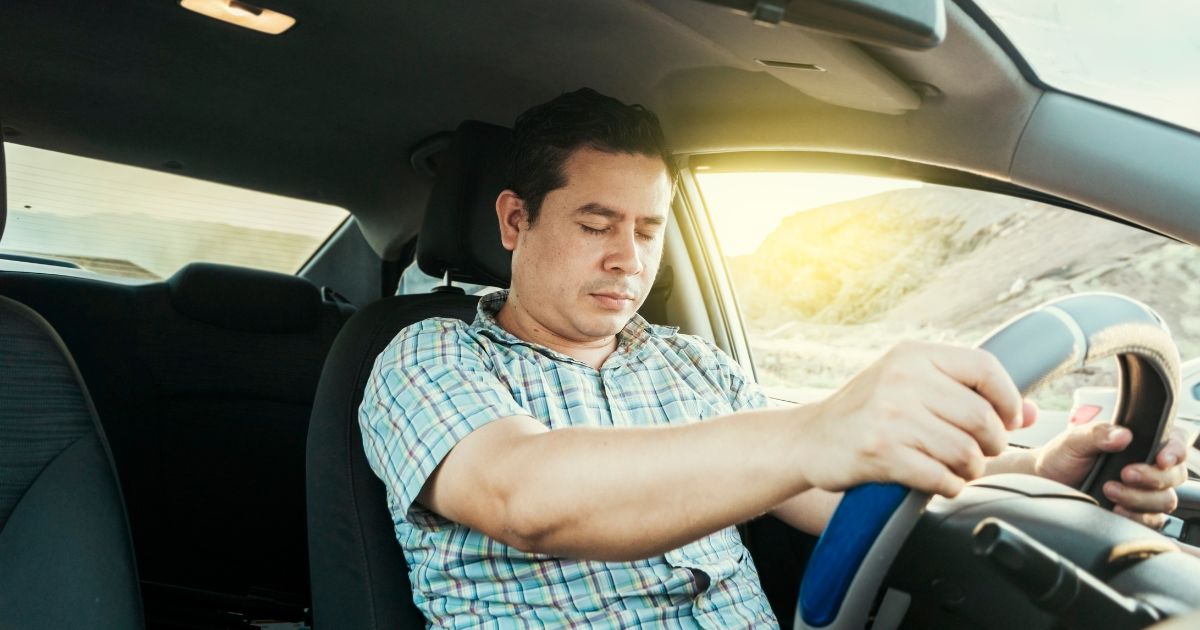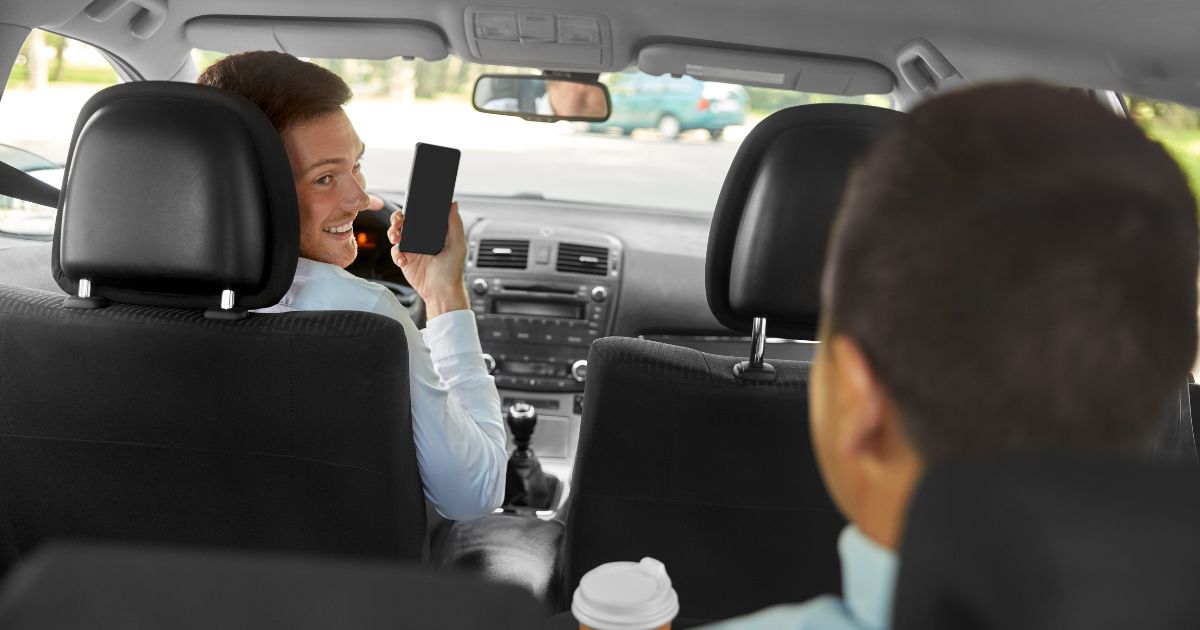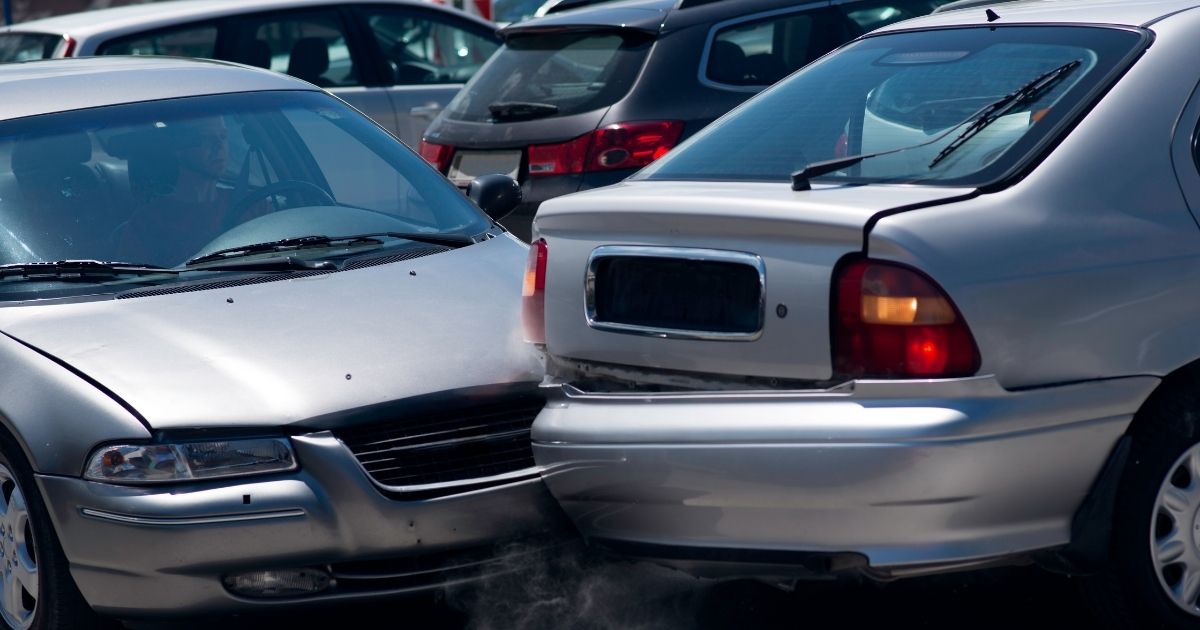Being involved in a car accident can be a traumatic experience, both physically and emotionally. There can be lasting effects, sometimes as unexpected symptoms, days or weeks after the incident. One such symptom that often raises concern is chest pain. Whether immediate or delayed, chest pains following a car accident should never be ignored. What[…] Read More
Blog
What Are the Different Types of Brain Injuries From Car Accidents?
Car accidents can lead to countless kinds of injuries, ranging from minor bruises to severe traumas. Among the most concerning are brain injuries, which can have long-lasting effects. The types of brain injuries from car accidents vary in severity, often necessitating legal guidance to seek fair compensation to cover the damages. The violent forces involved[…] Read More
Who Is Liable for a Car Accident at a Four-Way Stop?
Understanding right-of-way at a four-way stop is not always straightforward, and determining liability in the event of a car accident is anything but simple. With multiple vehicles vying for right-of-way, understanding who bears responsibility requires careful analysis. Certain factors, like traffic laws and driver behaviors, influence liability when these collisions occur. Determining liability in a[…] Read More
Can a Car Accident Cause Nerve Damage?
Car accident injuries like open wounds and broken bones are immediately visible, while others cannot be seen unless medical tests are completed. The ones in the second category include spinal compression and internal organ injuries. Car accidents can also cause nerve damage, which can be challenging to diagnose and treat. How Can I Tell if[…] Read More
What Is Adaptive Cruise Control?
Adaptive cruise control (ACC) has changed how many people drive, but what exactly is it, and how does it work? It is a newer technology found in modern vehicles that makes driving long distances easier. If you have ACC, you are probably familiar with its benefits, but these systems also present hazards to be aware[…] Read More
What Are the Top Causes of Distracted Driving Accidents?
Distracted driving includes a wide range of things, and often, drivers are unaware they are losing focus on the task at hand. Driving safely is only possible if you give that task your attention. Engaging in non-driving activities that occupy your eyes, ears, hands, or mind is the root of this problem. Certain distractions are[…] Read More
Who Is At Fault When Hydroplaning Causes a Car Accident?
Slippery surfaces are hazardous for motorists, leading to dangerous car accidents, serious injuries, property damage, and fatalities. How can one determine who is at fault for a car accident caused by hydroplaning? Hydroplaning happens when a vehicle’s tires get separated from the road due to a layer of water or other liquid. Essentially, the tires[…] Read More
Should You Drive if You Are Sick?
Winter is when more people come down with colds, flu, and other illnesses, but year-round sicknesses like stomach problems can also put you under the weather. While a few sniffles and sneezes should not compromise your safety, there are times when you should not drive when you are sick. Does Illness Affect Driving? Severe colds[…] Read More
Can a Passenger Be Liable for a Car Accident?
After a car accident, it is natural to assume that the driver was at fault. Yet, other parties can also be held responsible, including a vehicle manufacturer, body shop, or passenger. It might seem strange that a passenger could be held liable for a car accident, but this can happen in certain circumstances. Passengers are[…] Read More
How to Prevent a Backing-Up Accident
Backing up a car may seem routine, but it carries risks. Although drivers spend less than one percent of their driving careers in reverse, backing-up car accidents account for almost one-quarter of all crashes, with an even higher rate for fleet drivers. Accidents that occur while reversing are not only common but often result in[…] Read More



